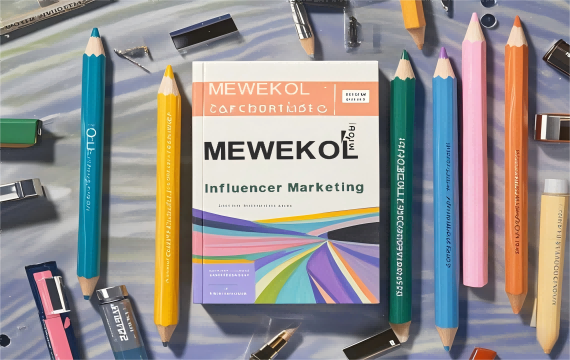
You can evaluate an influencer's loyalty and willingness to collaborate through several key aspects:
-
Past Collaboration History
-
Collaboration Frequency and Stability: Review the influencer’s past partnerships with other brands. If an influencer frequently engages in long-term, repeated collaborations with the same brand, it indicates a high level of loyalty. For example, if a tech influencer has worked with a specific electronics brand more than five times over the past two years, with regular intervals between collaborations, it shows a strong commitment to the brand and suggests that the brand is satisfied with the partnership.
-
Reasons for Terminating Collaborations: Understanding why previous collaborations ended can also be revealing. If the partnership ended due to uncontrollable factors, such as brand strategy adjustments or changes in the product that no longer fit the influencer's audience, this is relatively normal. However, if collaborations ended due to the influencer's own issues, like frequently canceling agreements or failing to meet contractual obligations, their loyalty and willingness to collaborate may be low.
-
-
Communication and Interaction
-
Response Time and Enthusiasm: Pay attention to how quickly the influencer responds to initial communication requests. Influencers who reply promptly and exhibit a proactive, enthusiastic attitude are generally more open to collaboration. For instance, if you send a collaboration proposal and receive a detailed response within 24 to 48 hours, with the influencer proactively asking about the details, it’s a good sign.
-
Depth and Quality of Communication: Observe how the influencer engages in discussions. Those who are willing to discuss collaboration details in depth, offer reasonable suggestions, and show a genuine interest in the brand and product are more likely to develop a strong partnership. For example, an influencer who inquires about product features and target audiences, and uses this information to propose creative promotional strategies, is likely to be highly invested in the collaboration.
-
-
Attitude Toward the Brand
-
Brand Familiarity and Recognition: Determine whether the influencer is familiar with and values your brand. If the influencer is already a fan of the brand or resonates with its values, they are more likely to be loyal and eager to promote it. For example, a fitness influencer who strongly believes in the sustainability mission of a sports brand will likely highlight this aspect when promoting it.
-
Level of Investment in Brand Promotion: Look at how much effort the influencer puts into promoting the brand in past collaborations. You can gauge their commitment through the quality of content they produce, their use of additional promotion channels, and how actively they engage with their audience. For example, an influencer who not only creates high-quality product review videos but also shares them across multiple social media platforms while actively interacting with followers to answer questions about the brand demonstrates a strong willingness to collaborate and invest in the brand's promotion.
-
-
Negotiating Collaboration Terms
-
Flexibility and Adaptability: During the negotiation of collaboration terms, observe how flexible the influencer is. Influencers who are willing to adjust their expectations based on the brand's budget, goals, and specific needs are more likely to form a successful long-term partnership. For instance, if an influencer is open to negotiating their payment terms according to the brand’s sales commission model rather than insisting on a fixed, high fee, it shows they are more focused on the long-term benefits and mutual success of the collaboration.
-
Attitude Toward Contract Terms: Influencers who carefully review and thoughtfully propose suggestions on the contract terms are typically more responsible and cautious about the partnership. On the other hand, influencers who seem indifferent or dismissive about the contract may not take the collaboration seriously, raising doubts about their loyalty and willingness to collaborate.
-